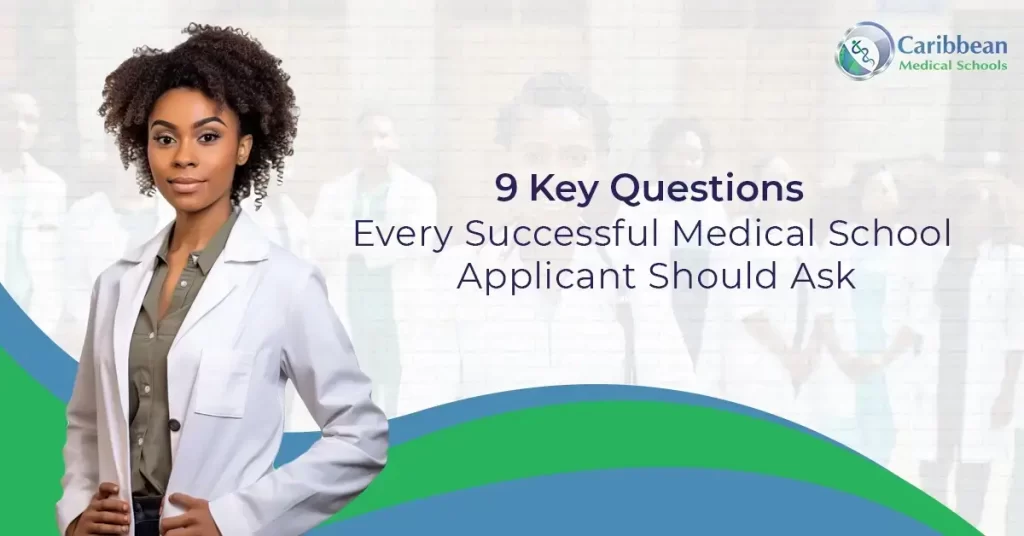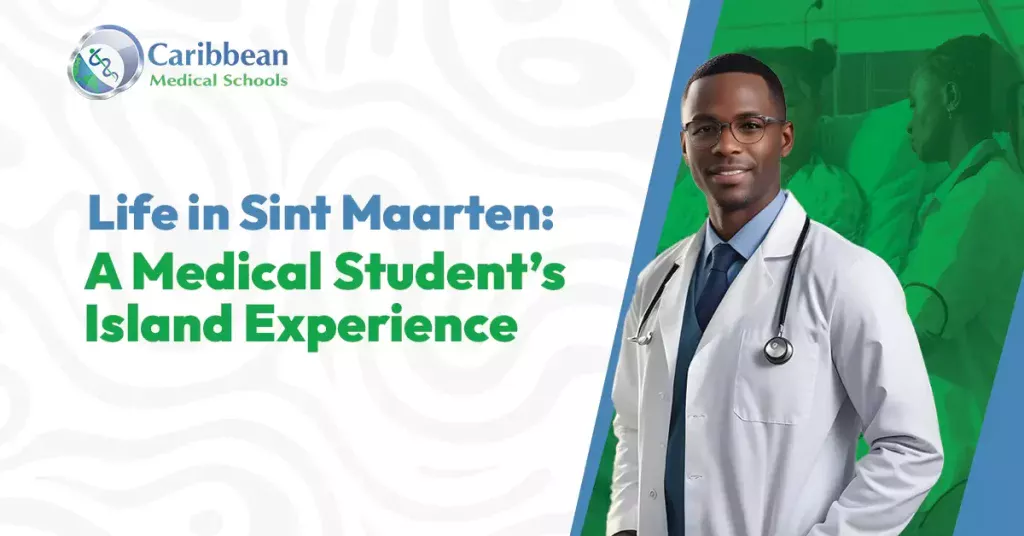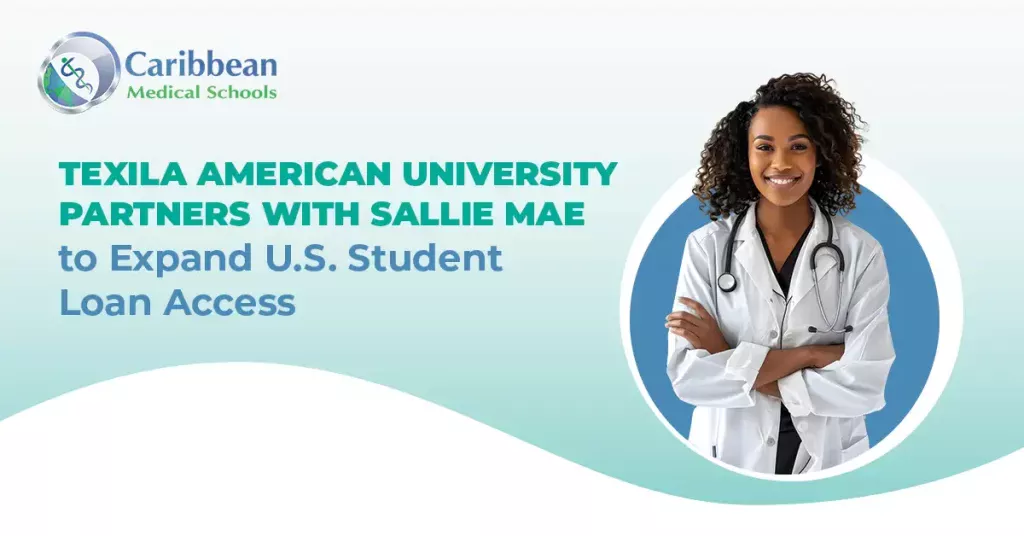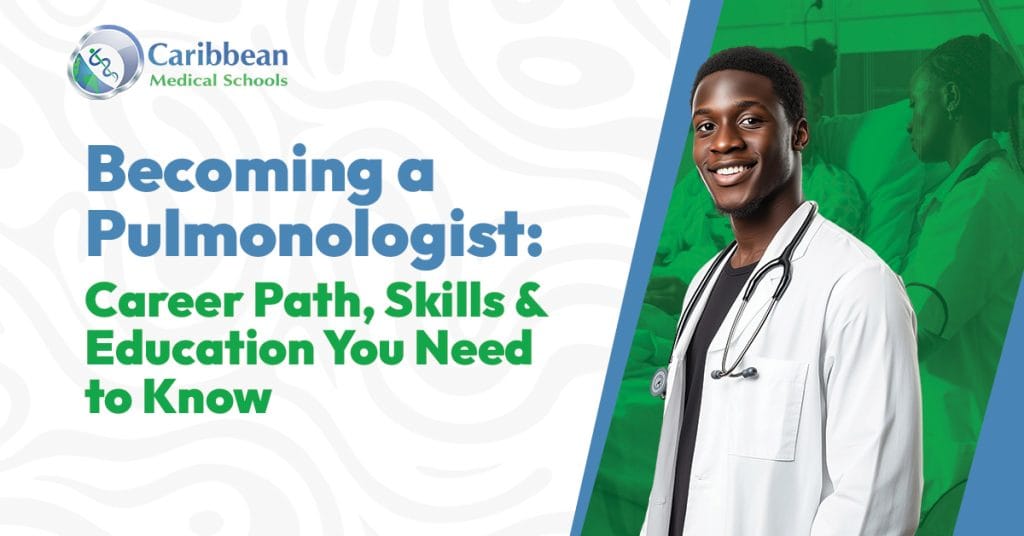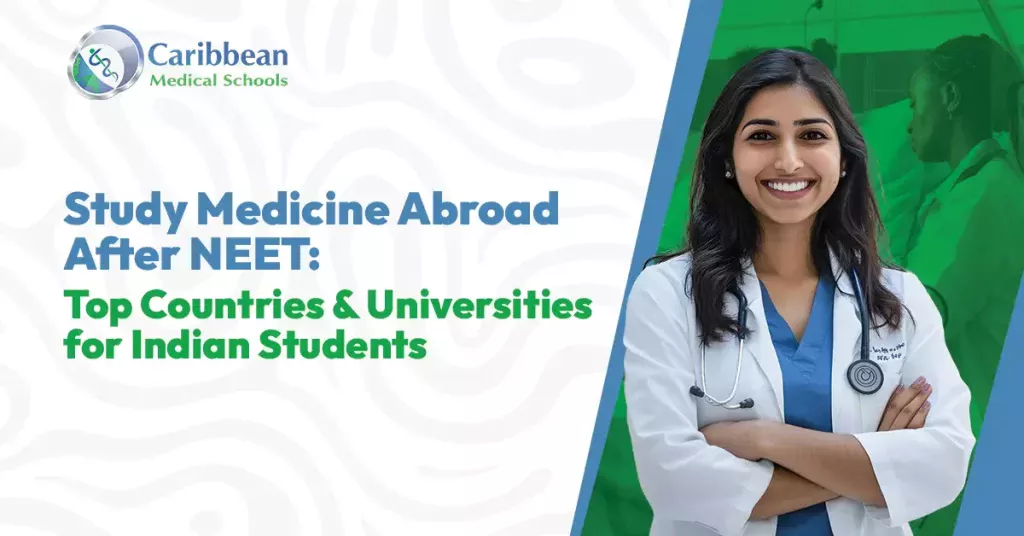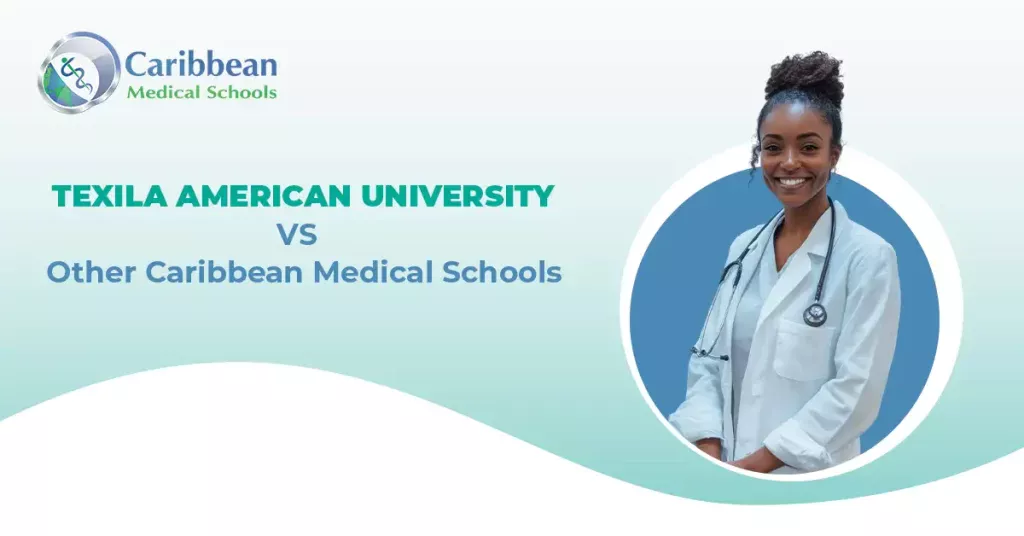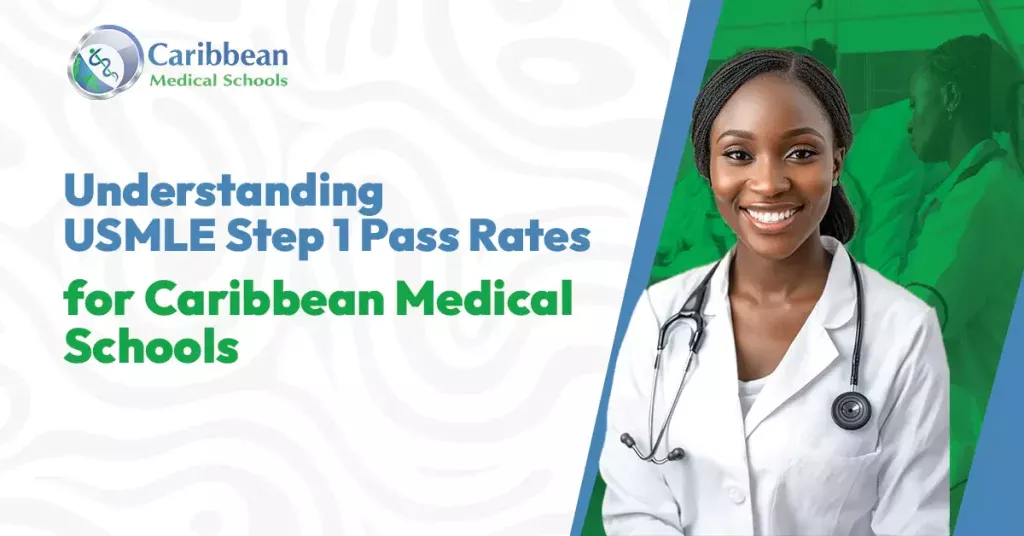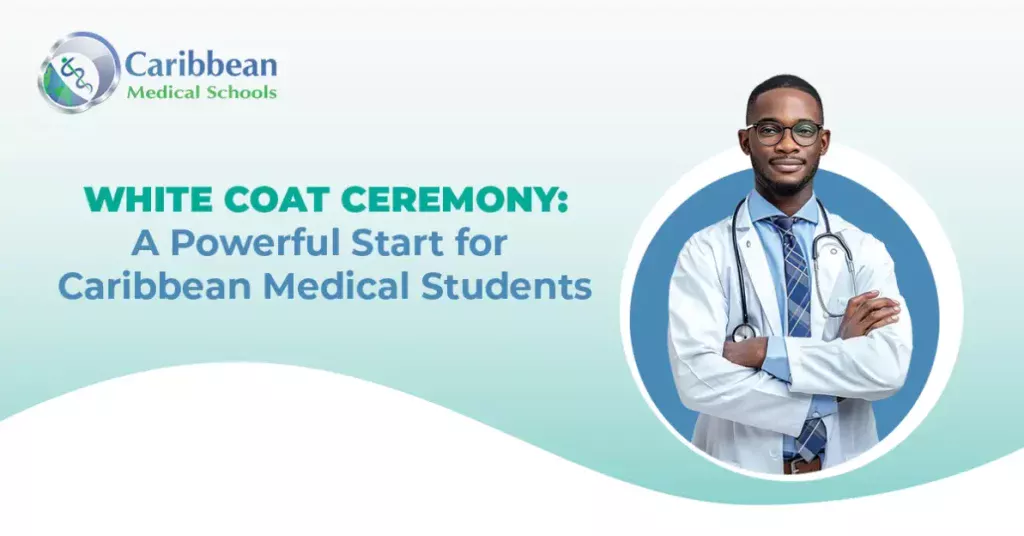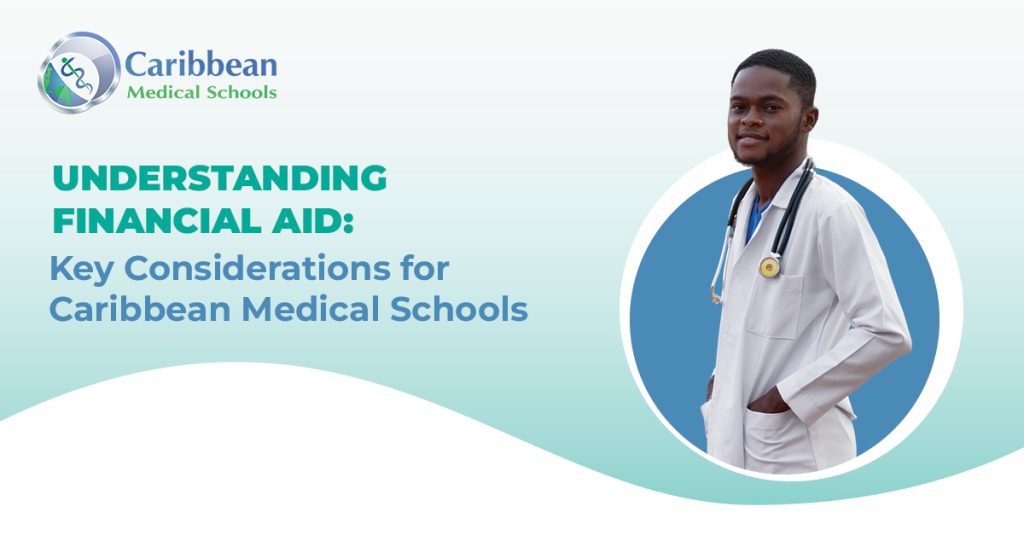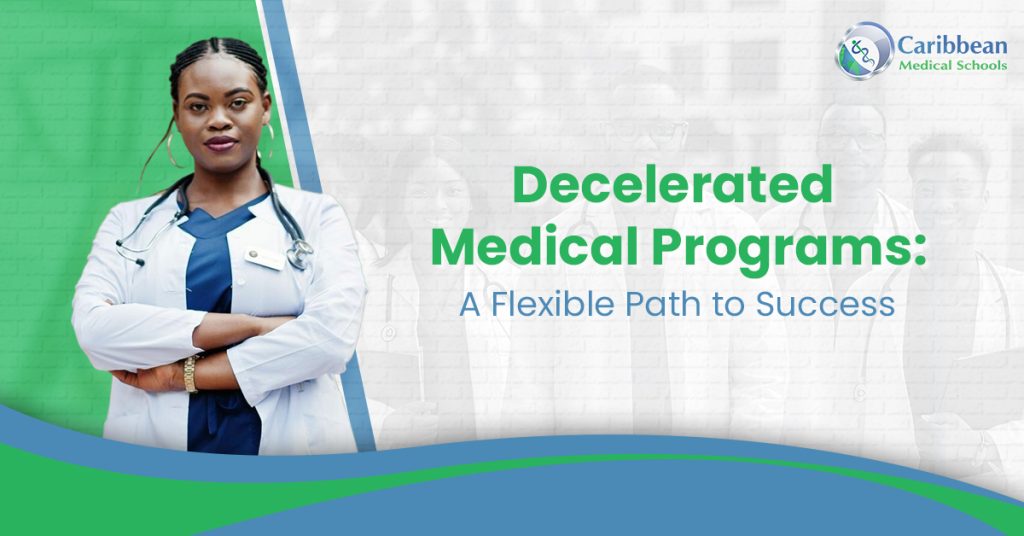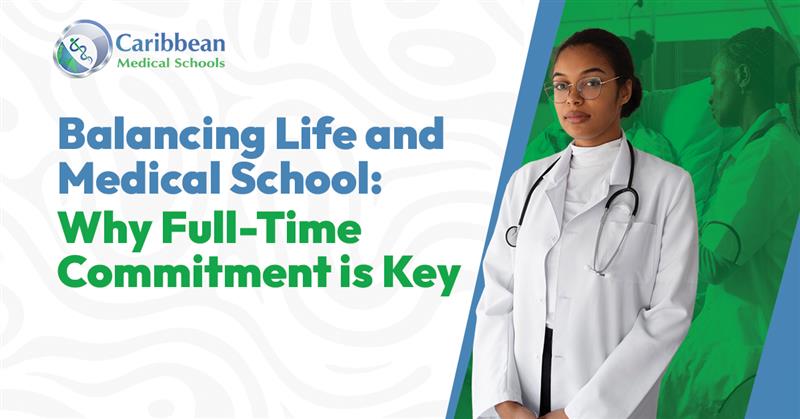Blog Summary
Are you aspiring to become a doctor? The path to medical school is thrilling and daunting, marked by a journey beyond academic achievements and test scores. Choosing the right medical school involves asking insightful questions to ensure it aligns perfectly with your educational and professional aspirations. Here are nine crucial questions every prospective medical student should carefully consider.
Content Top Picks
Introduction
Choosing the right medical school is one of the most pivotal decisions that will profoundly influence your future career as a physician. It transcends the simple act of gaining acceptance; it’s about finding an institution where you can excel academically, grow professionally, and flourish personally. Asking the following key questions can empower you with essential insights to navigate the application process wisely and make informed choices.
Understanding the Curriculum
Medical school curricula vary significantly among institutions, especially those looking to study medicine in the Caribbean. Some follow a traditional format with distinct preclinical and clinical phases, while others offer integrated curricula that seamlessly blend basic sciences with clinical experiences right from the start. Understanding the structure of the curriculum is crucial for prospective students to determine which approach aligns best with their learning style and career aspirations in the Caribbean. How are clinical rotations scheduled in Caribbean medical schools? Clinical rotations constitute a cornerstone of medical education, offering invaluable hands-on experience across various specialities. It’s essential to inquire how these rotations are scheduled—whether they are organized sequentially or concurrently—and how the school ensures comprehensive exposure to diverse clinical settings. Are there opportunities for elective rotations in Caribbean medical schools? Elective rotations allow students to delve deeper into specific medical interests or specialities beyond the core curriculum. These rotations are pivotal for gaining in-depth insights into particular fields of medicine or preparing effectively for residency applications in the Caribbean. Prospective students should inquire about the availability of elective rotations and the pathways to pursue these enriching opportunities during their medical studies in the Caribbean.
Access to Faculty and Support Systems
Strong mentorship is crucial for personal and professional development during medical school, especially at Top Caribbean Medical Schools. Prospective students should inquire about the accessibility of faculty members—are they approachable and available for one-on-one mentoring? Do they actively advise students on career paths, research opportunities, and personal growth? Additionally, understanding what resources are available for academic and personal support is essential. Medical school at Top Caribbean Medical Schools can be academically rigorous and emotionally challenging, so asking about tutoring programs, counselling services, and wellness initiatives is vital. Knowing that these resources are in place to help navigate challenges can significantly contribute to overall success and well-being.
Opportunities for Clinical Experience
Early exposure to clinical environments is essential for developing clinical skills and understanding patient care. Inquire about when students typically begin clinical rotations and how often they engage in clinical activities throughout their medical education. Schools that offer early and frequent clinical experiences usually provide a more comprehensive learning environment. What types of clinical settings are available? Diversity in clinical settings exposes students to various patient populations, medical conditions, and healthcare practices. Ask about the types of hospitals, clinics, and community settings where students participate in clinical rotations. Understanding the breadth of the school’s clinical exposure can help you assess whether it aligns with your career interests.
Availability of Research Opportunities
Participating in research can deepen your grasp of medical science, foster critical thinking abilities, and bolster your residency application. Inquire about research opportunities available to medical students, including funded research projects, access to laboratories, and mentorship from faculty members with active research programs.

Emphasis on Student Life and Community
Medical school is not just about academics; it’s also about the community you become a part of. Ask about the student culture, extracurricular activities, and opportunities for social interaction and networking. A supportive and inclusive student community can improve your overall satisfaction and well-being during medical education.
Career Development and Residency Matching
Preparing for residency begins early in medical school. When considering the Best Medical Schools in the Caribbean, it’s essential to inquire about the support services available for career development. This includes seeking guidance on residency applications, participating in mock interviews, and accessing specialty-specific advising. A robust support system for residency matching can enhance your prospects of securing a residency position in your desired speciality. Understanding these resources is crucial for making an informed decision about your medical education in the Caribbean.
Assessment of Facilities and Resources
Quality facilities and resources are essential for a conducive learning environment. Ask about the school’s libraries, laboratories, simulation centres, and other educational facilities. Cutting-edge resources can significantly improve your learning and practical training during medical school. Are there unique student resources (simulators, study spaces, etc.)? Specialized resources like medical simulators, dedicated study spaces, and technology-enhanced learning environments can facilitate hands-on learning and skill development. Please inquire about the availability of these resources and how they are integrated into the curriculum to support your academic and clinical training.
Financial Considerations and Support
Attending a Caribbean Medical School involves a significant financial commitment. It would help if you inquired about tuition fees, additional costs like textbooks, equipment, health insurance fees, and living expenses in the school’s location. Understanding these financial implications upfront will help you plan and budget effectively. Exploring available scholarships, grants, and financial aid options is essential. These opportunities help alleviate the financial challenges associated with medical education. Inquire about scholarships, grants, federal and private loan options, and institutional financial aid programs offered to students. Be sure to understand the eligibility criteria, application deadlines, and the process for securing financial assistance. This proactive approach will enable you to make informed decisions and manage the costs of your medical education.
Accreditation and Success Metrics
Accreditation guarantees that the medical school adheres to precise standards of educational excellence and adequately prepares students for their professional careers. Inquire about the school’s accreditation status by recognized medical education accrediting bodies in your country or region. What are the school’s board exam pass rates and successful residency placements? High board exam pass rates and successful residency placements reflect the quality of education and preparation the medical school provides. Inquire about these metrics to gauge student outcomes and the school’s track record in preparing graduates for successful medical careers.
Conclusion
Attending medical school is a pivotal decision that will profoundly influence your future career as a physician. You can gather essential information to evaluate each medical school’s offerings, culture, and support systems by asking these nine key questions. Take the time to research and reflect on what matters most to you in your medical education journey.
FAQ
How should I prepare for medical school interviews?
Preparing for medical school interviews involves:u003cbru003eResearching the school.u003cbru003ePractising common interview questions.u003cbru003eReflecting on your motivations for pursuing a career in medicine
What GPA and MCAT scores do I need to get into medical school?
While GPA and MCAT scores are important factors, admissions decisions are holistic. Medical schools also consider personal statements, letters of recommendation, extracurricular activities, and interview performance.
How can I stand out in my medical school application?
In your application materials, emphasize your unique experiences, passion for medicine, commitment to service, and leadership qualities.
What are the benefits of attending a medical school with a strong residency program?
Attending a medical school with a strong residency program increases your chances of matching into competitive specialities and receiving high-quality training from experienced physicians.
How can I finance my medical education?
Investigate various types of financial assistance such as scholarships, grants, federal and private loans, and institutional support programs to finance your medical education.

